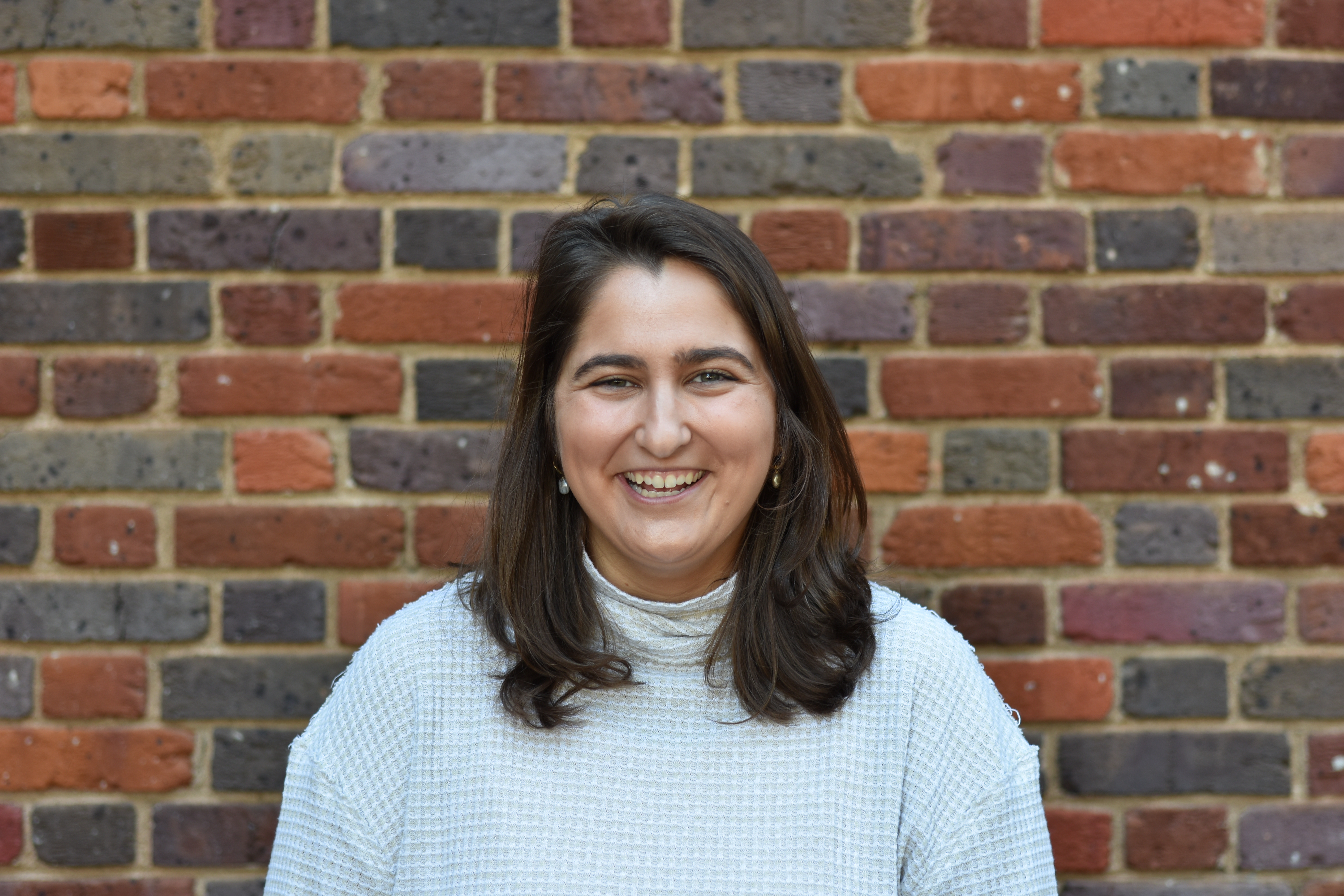
Join us for Margaret Ann Bolick's talk, Unseen Assets, and learn how first-gen STEM students navigate challenges using cultural and vocational capital, reshaping how institutions support their success.
April 3, 2pm CT
via Zoom
Presenter: Margaret Ann Bolick, Clemson University
Title: Unseen Assets: How First-Generation College Students Thrive in Norwegian Higher Education
Abstract: Norwegian first-generation college students (FGCS) pursuing STEM degrees face unique challenges in post-secondary education, particularly in first-year mathematics courses, which often serve as gatekeepers to STEM fields. This qualitative study, which is part of a larger dissertation, employs Yosso’s (2005) Community Cultural Wealth (CCW) framework to explore the forms of capital Norwegian FGCS identify as salient to their academic success. Through in-depth interviews with a diverse group of FGCS from a Norwegian university, we identified not only the six traditional forms of capital from CCW—aspirational, linguistic, familial, social, navigational, and resistant—but also two additional forms: vocational and age-earned capital. These findings highlight how prior vocational experiences and the maturity gained from age contribute to student persistence and success in first-year mathematics courses. The study highlights the importance of asset-based approaches in understanding FGCS’ experiences and suggests institutional strategies to better support their learning. By shifting from a deficit perspective to one that recognizes the strengths and resources FGCS bring, this research contributes to a more nuanced understanding of student success in higher education.
Bio: Margaret Ann Bolick is a doctoral candidate in Engineering and Science Education at Clemson University in rural South Carolina. Before pursuing a PhD, she taught high school mathematics and science courses in the Boston Public School System, where she developed a passion for disrupting systems negatively impacting student success. Margaret Ann’s research focuses on systems-level comparisons across international contexts and the impacts on first-generation college students in first-year mathematics courses. Currently, Margaret Ann is a graduate researcher on the NSF-funded project, Achieving Critical Transformations in Undergraduate Programs in Mathematics (ACT UP - Math). In this role, she investigates the inclusion of students in equity-oriented departmental change groups within mathematics departments. She is also a Community for Advancing Discovery Research in Education (CADRE) Fellow where she engages in professional growth activities dedicated to preK-12 STEM education research. Margaret Ann earned both her MAT in Mathematics Education as a Noyce Scholar and her BS in Biomedical Engineering from Boston University.